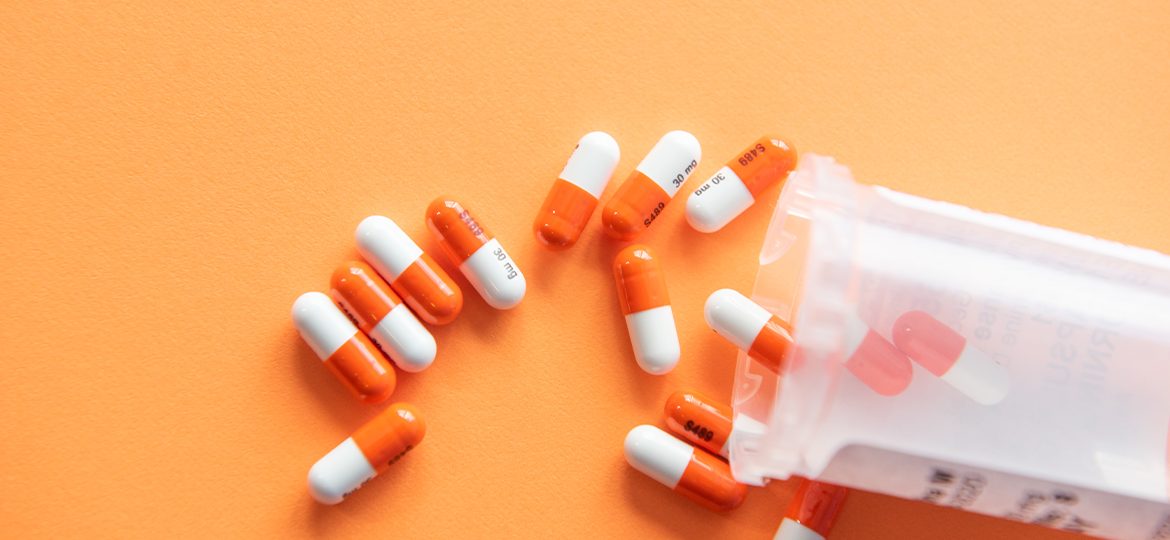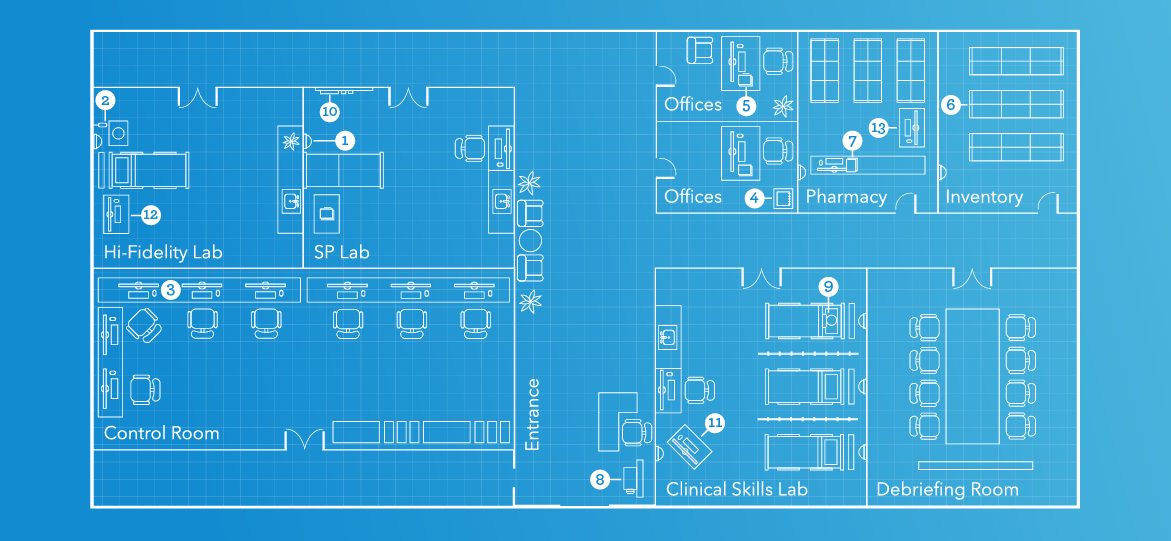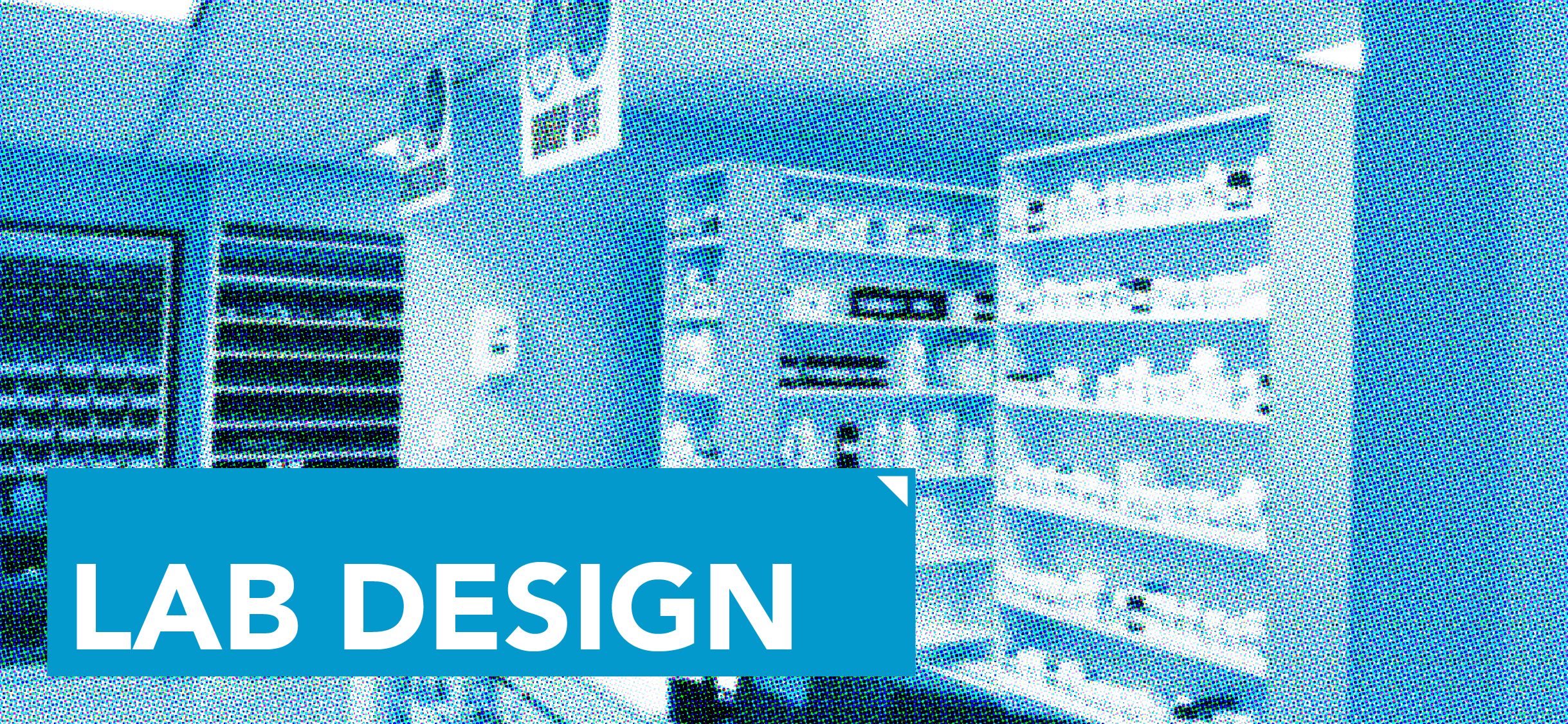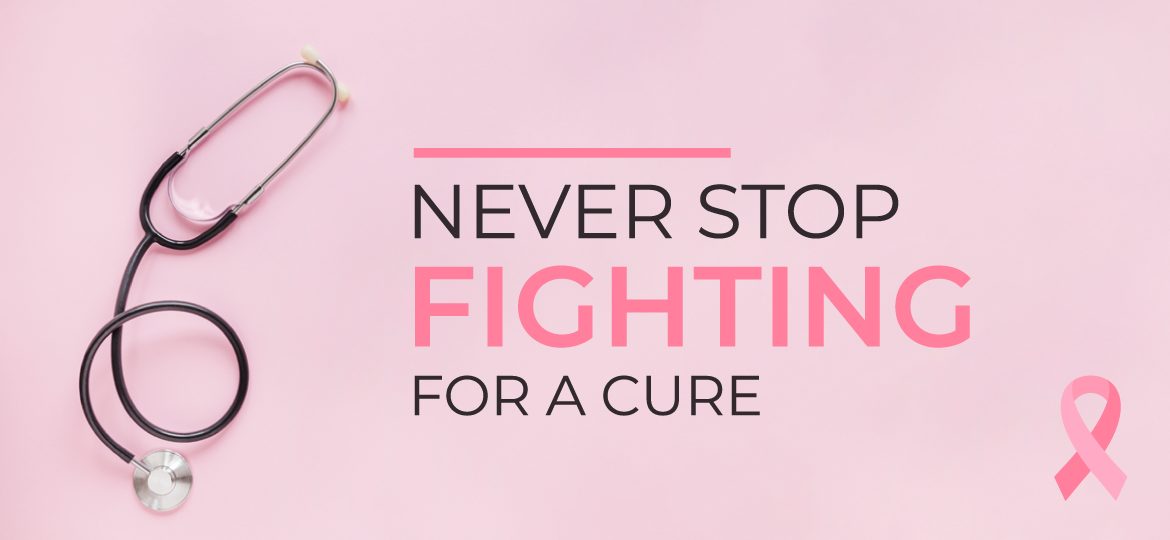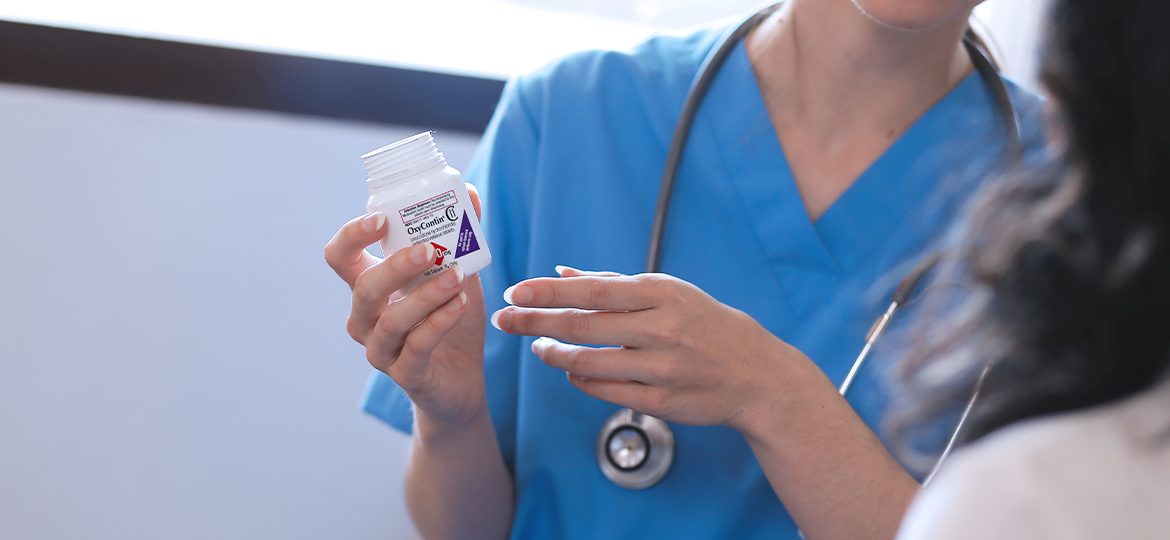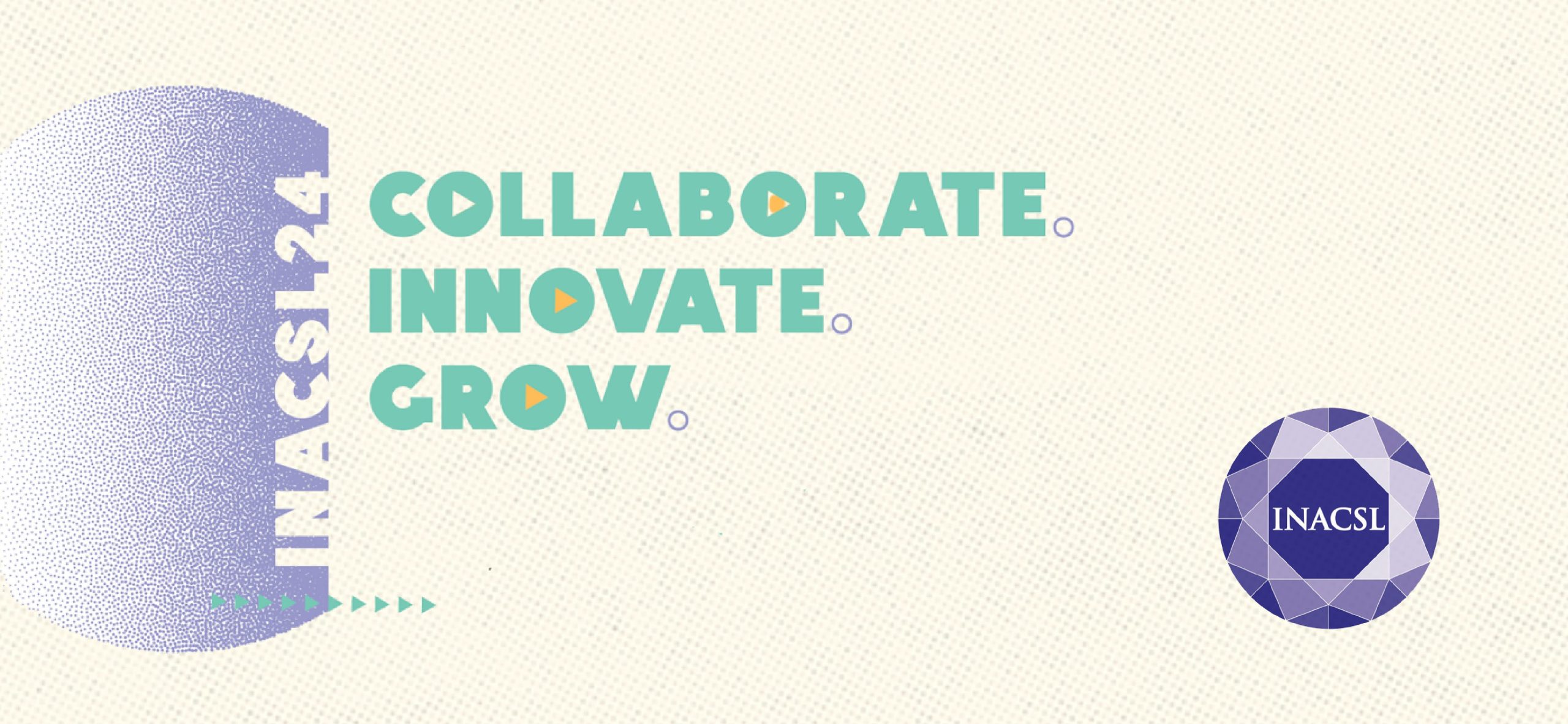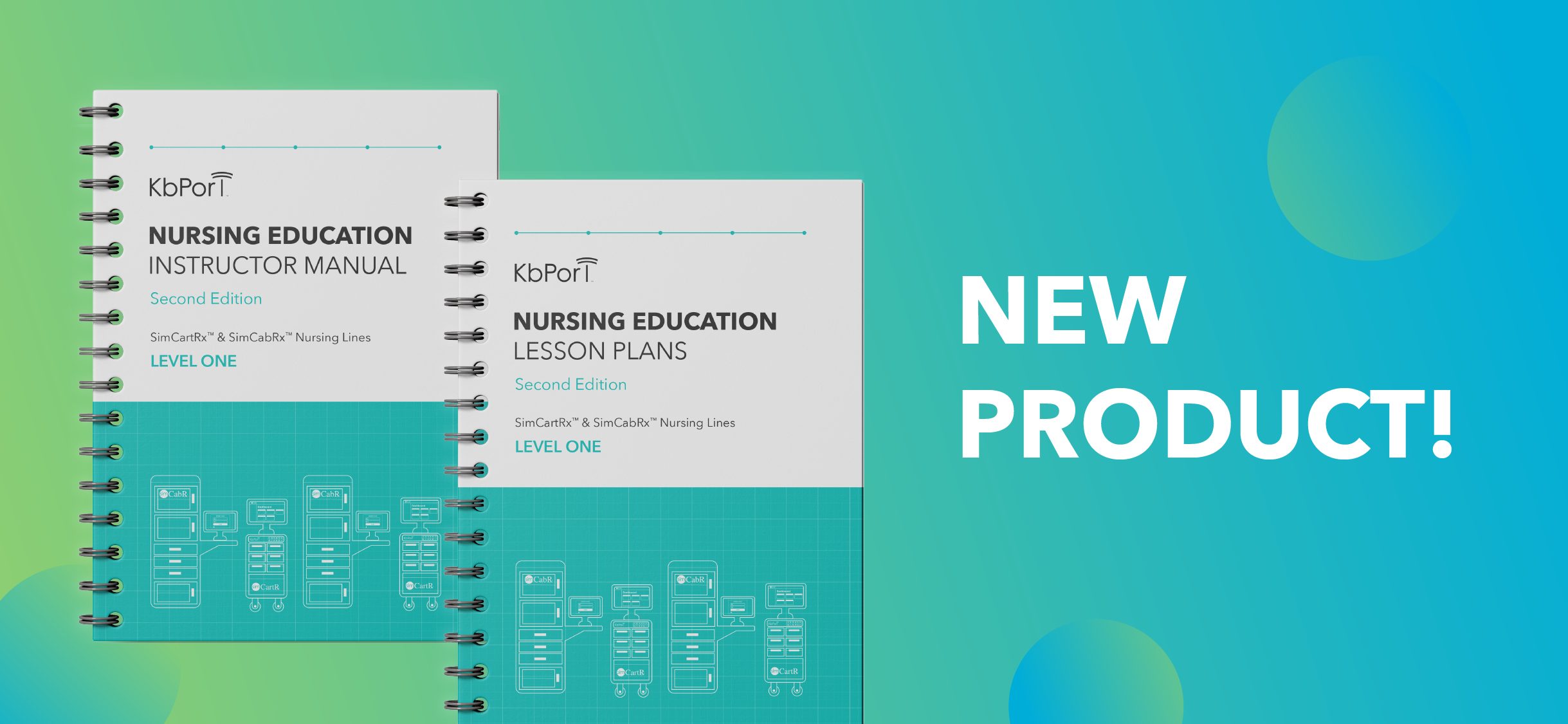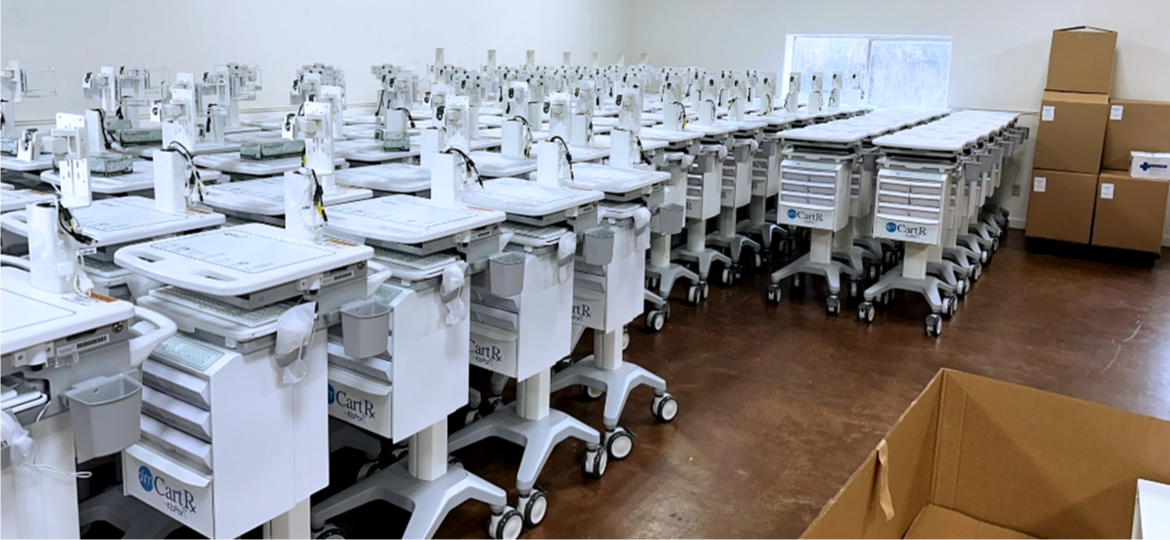Stop by Our Booth at INACSL25!
We are excited to inform you that KbPort is exhibiting at INACSL25 in Denver, Colorado from June 19–22. Come visit us at booth 105 in the Exhibit Hall to learn more about our products and solutions. Be the first to check out our brand new high capacity medication workstation line (SimDispenseRx) built to simulate

